In their quest for gold and silver, the Romans laid waste to modern Spain’s rich lands.
Thousands of pounds of “tribute” had been confiscated over the years, and Roman atrocities largely subjugated the population.

But though many of the tribes of the region surrendered, the Lusitani refused to lay down their arms.
For years they fought the Romans, but after much fighting, they decided to make peace with 30,000 men, women, and children meeting the Romans at Galba for a treaty.
Table of Contents
Loading…
Roman Disarmament
After the Romans get the Lusitani to lay down their arms “as a sign of good faith,” they slaughtered them.
Among the survivors was a young Lusitani shepherd named Viriathus.
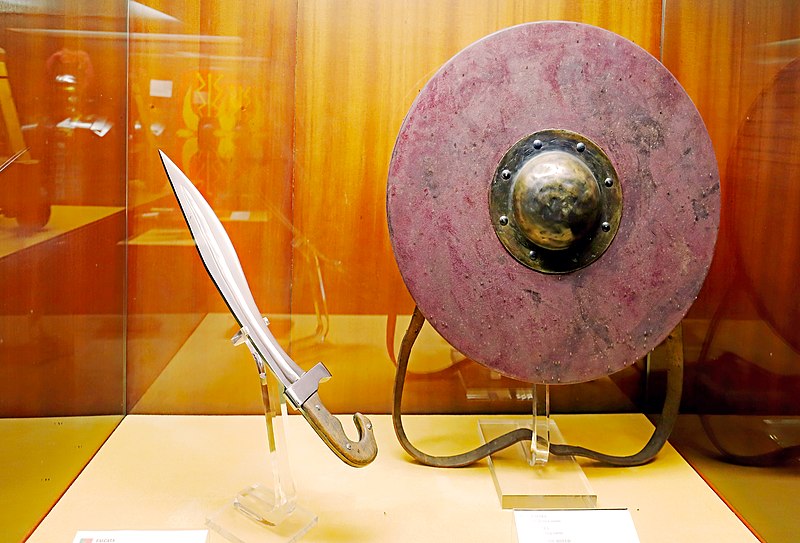
With time, Viriathus grew to be a chieftain of his people. War against the Romans had been renewed, but again, the Lusitani found themselves in a predicament.
Ten thousand Roman soldiers led by Legate Gaius Vetilius trapped them against the water, and the Lusitani leader believed that the only option was for everyone to surrender.
To War
Viriathus is furious.
He remembered what happened when his people attempted to make peace with the Romans. He remembered watching his family dying, including women and children.
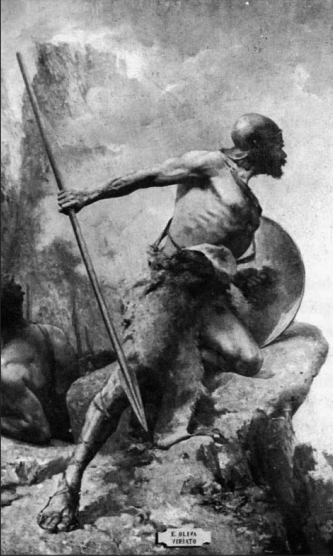
Surrender was not an option.
With a gallant speech, Viriathus roused the Lusitani, reminding them about the value of a Roman “peace.” Though all seemed lost, Viriathus urged his men to fight on.
Viriathus instructed the foot soldiers to scatter in various directions as they made their way to Tribola, where they would reunite.
The Fight Brews
He ordered 1,000 of the cavalry to remain with him to fight. As Viriathus charged the Romans, he quickly made contact before withdrawing out of reach.
He fought in this manner for two days, making brief contact to harass the Romans and then withdrawing before they could strike back.
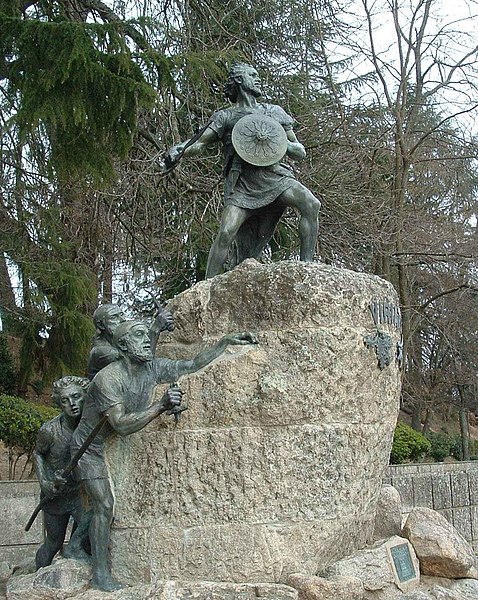
By the end of the second day, he believed he had bought enough time for the foot soldiers to make it to Tribola.
As darkness fell, Viriathus used the shadows to pull his thousand men back to the rendezvous without Roman knowledge.
Word of Viriathus’ deeds and good treatment of his men spread throughout the hills, and thousands more, tired of Roman atrocity, flocked to his side.
Betrayed
Viriathus was so successful in his fight against the Romans that it led to Italy’s population declining.
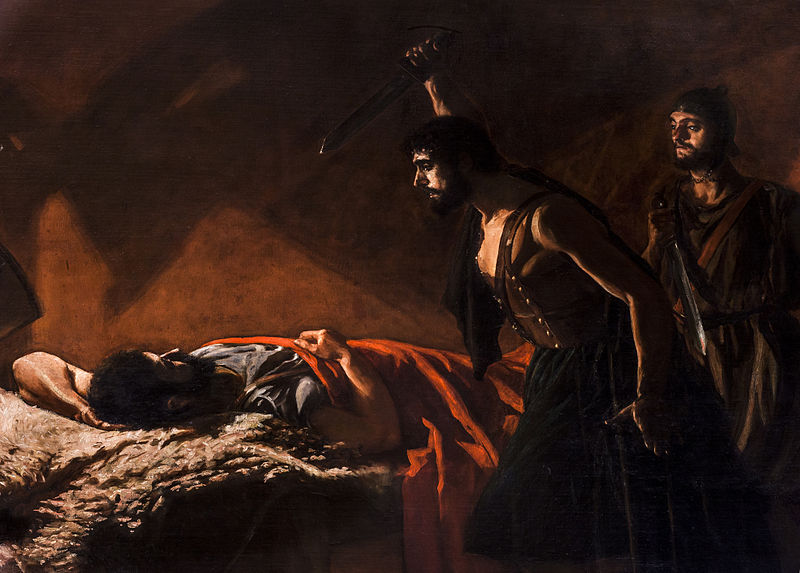
Unfortunately, he was murdered by three “friends” turned traitors who partnered with the Romans to murder him in exchange for money.
The Romans never paid the fee and regained control of the region.
This is a new style of article for Pew Pew Tactical, if you liked it — let us know in the comments! If you didn’t enjoy it…well phooey. To catch up on previous Pictures from History, click on over to our History Category.

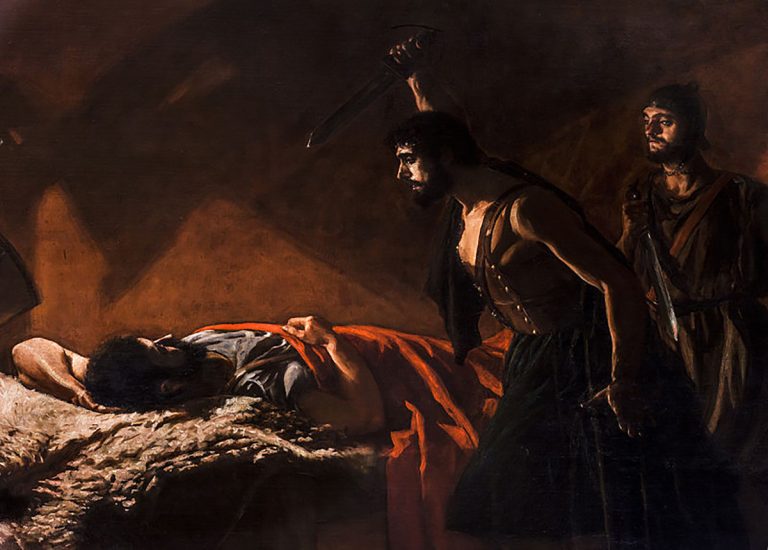







9 Leave a Reply
Thanks for such an interesting article. Keep 'em comin'!
Sadly human nature remains the same.
Rome's conquest of the Lusitani and other tribes was also due to those tribes support of Carthage in the Second Punic War. So part was due to the weather of the region, but also retribution for their alliance with Carthage. It would take Rome almost 2 centuries to totally occupy and control what became known then as Hispano-Rome.
The Lusitani and other tribes in that region were renowned for their Guerilla Warfare tactics according to chroniclers. They held out far longer than their neighbors in Gaul to the North, who fell to Julius Caeser after the disastrous Battle of Alesia. Hispano-Rome would not be brought into full Roman control until 19 BC under Caeser Augustus. The Iberian Peninsula took far longer for Rome to fully conquer than many of the other lands they defeated during the empire's expansion.
Note to self: Don't make deals with Romans.
That would be a very good lesson to learn here, yes. There are numerous other stories from history that could teach that very same lesson.
Keep these type of articles coming!
Thanks, Michael. I'm glad you liked it!
To make peace or an agreement with tyrants will be the death of those who are not wise enough to realize it.
Sic semper tyrannis